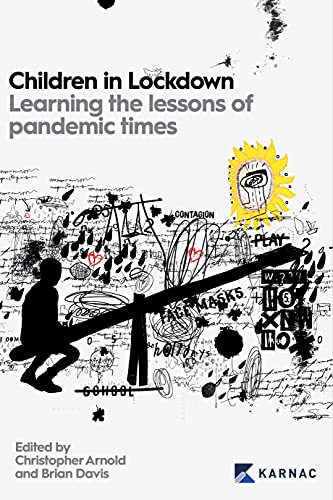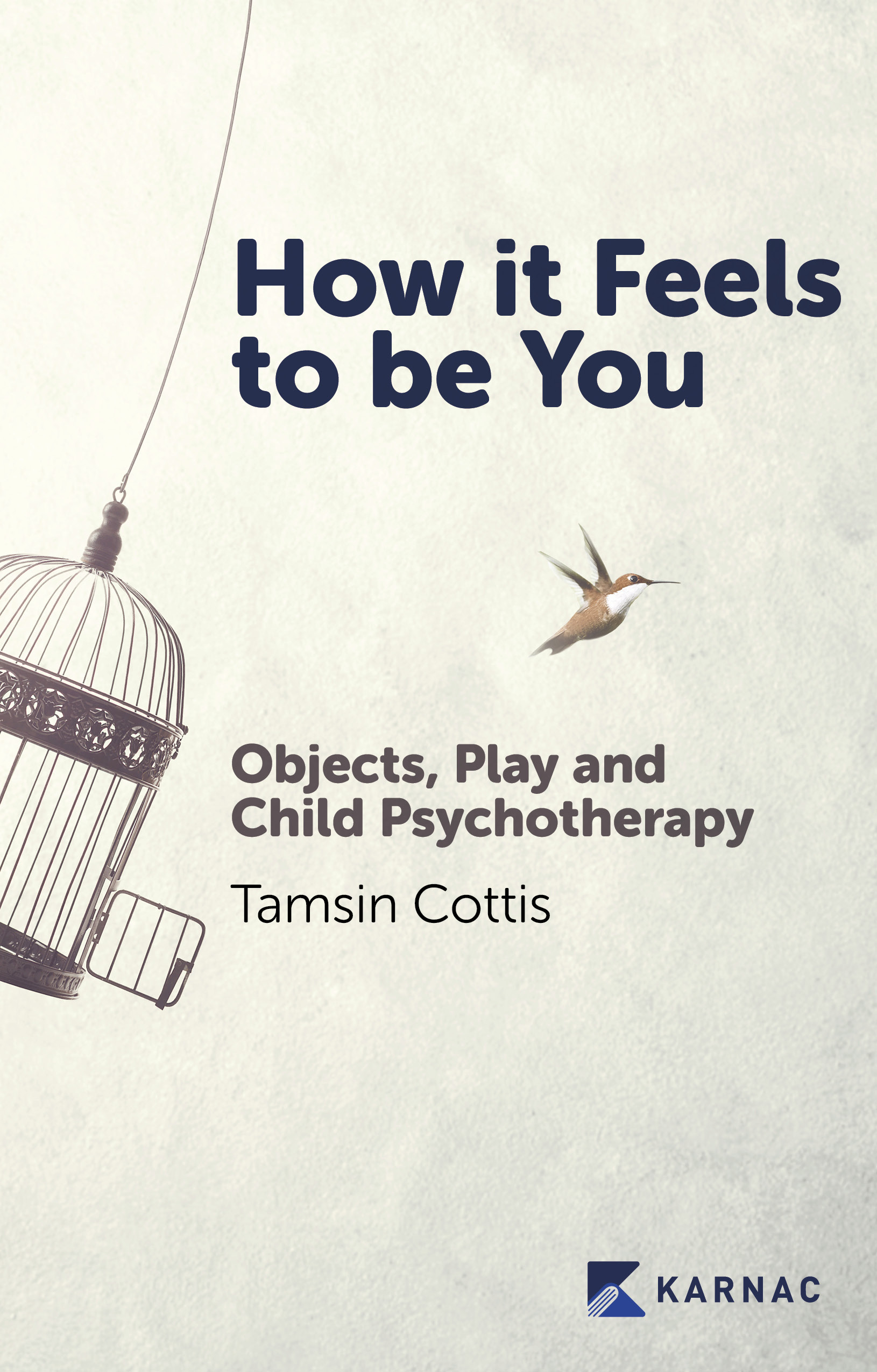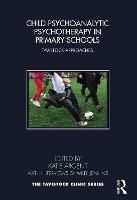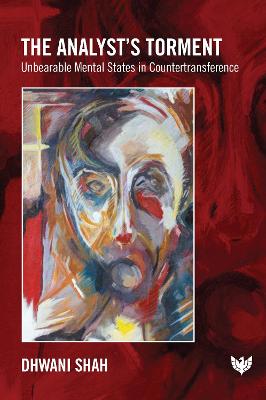Learning from the Unconscious: Psychoanalytic Approaches in Educational Psychology
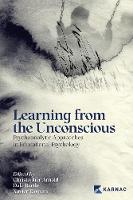
Book Details
- Publisher : Karnac Books
- Published : February 2021
- Cover : Paperback
- Pages : 360
- Category :
Psychoanalysis - Catalogue No : 95398
- ISBN 13 : 9781913494230
- ISBN 10 : 1913494233
Also by Christopher Arnold
There are currently no reviews
Be the first to review
Each of us has an inner world, influenced by experience, environment and the people and places we encounter. As individuals engaged with children and those around them, educational psychologists enter a multitude of systems and relationships with the intention of helping. This often involves working in a context of confusion, conflict and creativity, a dynamic tension which is reflected in the chapters of this book.
Designed to give both students and practitioners access to the experience of engaging with a dynamic unconscious, this volume investigates some of the key tenets and principles of psychoanalytic theory and demonstrates ways in which educational psychologists have used both theory and practice in their roles. Each chapter approaches a recognisable activity from educational psychology practice and provides an account of how psychoanalytic theories about our unique inner worlds and our unconscious processes can inform and enrich these interactions.
Reviews and Endorsements
This is a great book and an enjoyable read which I would recommend for all educational psychologists ... chapters discuss a wide range of practical applications of psychoanalytic theory; with individual children and young people as well as considering school leaders, groups of school staff and work which has its focus upon whole organisations and their structures. There is much to be learnt, or reminded of, from reading this book.
Dr Cate Mullen, West Sussex Educational Psychology Service
This volume [carries] a central message that should be of value to educational psychologists of every stripe. The authors endorse using 'emotion as evidence'-one's own, and that of other(s) - which, when combined with objective data, can lead to a better appreciation of the 'total situation' in consultations, classrooms, and other groups. I recommend this volume, a potent humanist collection, to all interested professionals and students.
Linda A.W. Brakel, M.D., is a faculty member in Psychiatry and Philosophy at the University of Michigan and the Michigan Psychoanalytic Institute
The contributions in this volume impressively demonstrate that psychoanalytic concepts are very well suited to understanding the particular problems of children, their families, professionals and institutions in the field of education ... a great asset for all those who are looking for a compass for orientation in the world of education.
Prof. Dr. Christoph Steinebach is President of the European Federation of Psychological Associations and faculty member at the School for Applied Psychology, ZHAW, Switzerland
A comprehensive introduction, explanation and exploration of psychodynamic thinking as related to the practical daily work of educational psychologists … I enjoyed reading this …a valuable text book.
Dr Robert Pattullo, in DECP DEBATE
Table of Contents
Acknowledgements
Introduction
About the authors
Foreword by Dr Mark Fox
Part I - Orientation
1. Psychoanalysis and educational psychology: context, theory and challenges
Part II - Theory to practice
2. The use of psychoanalytic concepts in educational psychology practice
3. Thinking matters: how can Bion’s theory of thinking help educational psychologists think about the task of formulation?
4. What’s yours and what’s theirs? Understanding projection, transference and countertransference in educational psychology practice
5. The classroom-in-the-mind: psychoanalytic reflections on classroom practice
Part III - Assessment
6. Educational psychological assessment: a psychoanalytic approach
7. The use of projective techniques in educational psychology assessments
Part IV - Consultation and supervision
8. A distinctive helping relationship: historical and contemporary perspectives on psychodynamic thinking in consultation
9. The use of self in consultation: data from the ‘total situation’
10. Feelings, relationships and ‘being held’: the experience of psychodynamically informed supervision
Part V - Working with groups
11. Reverie groups: space, free association and the recovery of thought
12. Providing ‘good enough care’: work discussion groups as a reflective space for designated safeguarding leads
Part VI - Organisational perspectives
13. Coaching school leaders: a psychoanalytic approach
14. Social defences: managing the anxiety of work
Part VII - Postscript: widening the horizon
15. The psyche as a complex system: insights from chaos theory
References
Index
About the Editor(s)
Dale Bartle is co-director of the educational psychology training program at Cardiff University and tutor at the Tavistock & Portman NHS Foundation Trust.
Dr Xavier Eloquin is an educational psychologist working in the public and private sector. He is a visiting lecturer to the Tavistock Educational Psychology training program
Customer Reviews
Our customers have not yet reviewed this title. Be the first add your own review for this title.
You may also like
The Shadow of the Object: Psychoanalysis of the Unthought Known: 30th...
Christopher Bollas
Price £25.99
Child Psychoanalytic Psychotherapy in Primary Schools: Tavistock Approaches
Katie Argent
Price £25.19
save £2.80
The Analyst’s Torment: Unbearable Mental States in Countertransference
Dhwani Shah
Price £24.29
save £2.70


